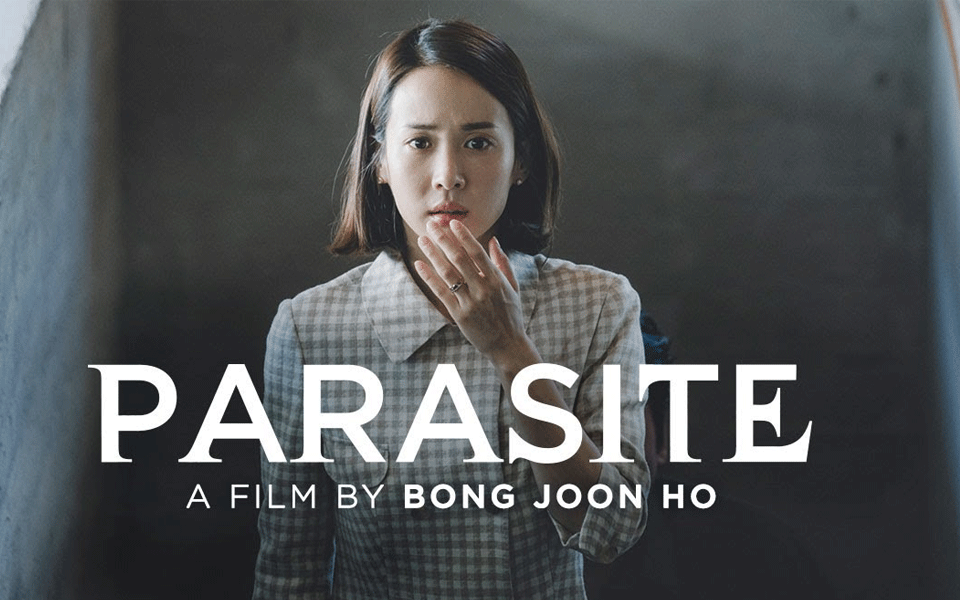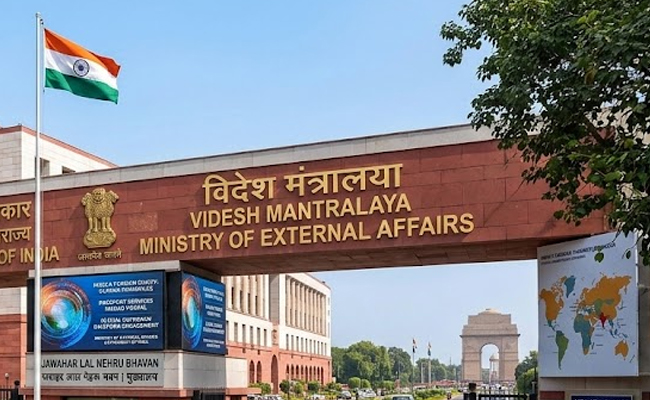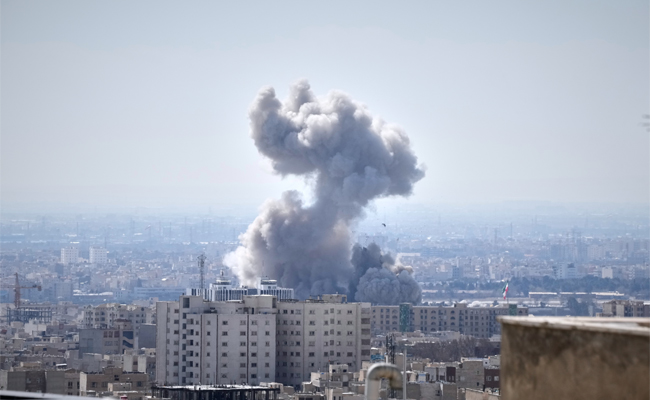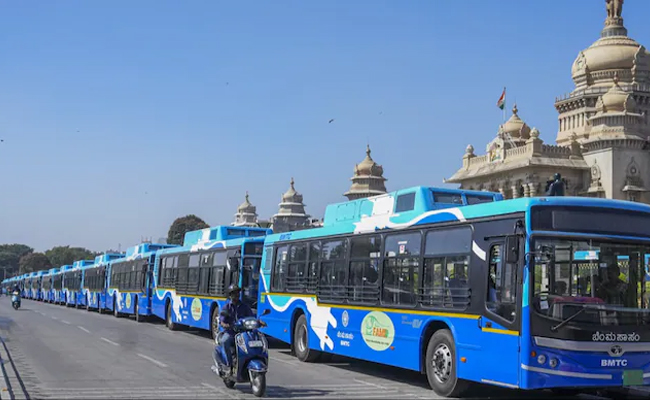Los Angeles: Director Bong Joon Ho's "Parasite" scripted history at the Oscars by becoming the first South Korean film to be nominated and win in the international feature category at the 92nd Academy Awards.
It was the second Oscar win of the night for the film, a twisted class satire that defies genres in trademark Bong style. The director and his co-scribe Han Jin-won have already received the best original screenplay Oscar.
The director lauded the Academy of Motion Picture Arts and Sciences for renaming the category in an attempt to be more inclusive.
"The category has a new name now from best foreign language to best international feature film. I'm so happy to be its first recipient under the new name. I applaud and support the new direction that this change symbolises," the director said.
"I'm bloody ready to drink tonight," he added amid a round of applause and laughter from the audience.
It is yet to be seen whether the film, which entered the competition with six nominations, manages to win the top awards of the ceremony, the best picture and director but its win in the international category was a sure shot.
South Korea has been submitting its entries for the award, which was earlier called best foreign language film, since 1962.
"Parasite" was pitted against "Pain and Glory" (Spain), "Les Miserables" (France), "Corpus Christi" (Poland) and "Honeyland" (North Macedonia).
Let the Truth be known. If you read VB and like VB, please be a VB Supporter and Help us deliver the Truth to one and all.
New Delhi (PTI): The Ministry of External Affairs (MEA) has set up a control room to assist those affected by the escalating crisis in West Asia.
The MEA has said almost one crore Indian citizens live in West Asia and their safety and well-being is of "utmost priority" for New Delhi.
As the Iran-US conflict widened, the Indian embassy in Iran moved hundreds of Indian students from the Iranian capital of Tehran to safer locations.
"A Control Room has been set up in the Ministry of External Affairs in view of the current situation in West Asia and the Gulf region," the MEA said on Wednesday.
"The Control Room can be contacted from 9 am to 9 pm at: 1800118797 (Toll Free) +91 11 2301 2113, +91 11 2301 4104, +91 11 2301 7905," it added.
The US launched military strikes on Iran on February 28, killing Iranian Supreme leader Ali Khamenei.
Following the military offensive, Iran has carried out a wave of attacks mainly targeting Israel and American military bases in several Gulf countries, including the UAE, Bahrain, Kuwait, Jordan and Saudi Arabia.
The MEA on Tuesday noted that almost one crore Indian citizens live and work in the Gulf region, and their "safety and well-being is of utmost priority."
"We cannot be impervious to any development that negatively affects them," it said.
The MEA said New Delhi will continue to closely monitor the evolving situation and take relevant decisions in the national interest, adding it is in touch with the governments in the region as well as other key partners.
A Special Control Room has been set up in the Ministry of External Affairs in view of the current situation in West Asia and the Gulf region. Details are as below ⬇️
— Randhir Jaiswal (@MEAIndia) March 4, 2026
🔗 https://t.co/nK3d6SY9Pa pic.twitter.com/v2EhUI5B1x




